Indian Government withdraws BIS Certification Orders for Acetic Acid, Methanol, and Aniline
Effective immediately, the Government of India has officially withdrawn three separate Quality Control Orders (QCOs) related to Acetic Acid, Methanol, and Aniline. The withdrawal, announced on July 23, 2025, was published in the Gazette of India by the Ministry of Chemicals and Fertilizers, invoking powers under the Bureau of Indian Standards Act, 2016. The original BIS certification notifications from 2019 have been rescinded, and the affected substances are no longer subject to mandatory quality certification for import, sale, or use in India.

According to the notification, the move was made in the public interest and followed consultations with the Bureau of Indian Standards (BIS). It is important to note that such revocations of established BIS quality control orders are highly unusual. Typically, existing standards are revised or updated—not completely repealed. This action marks an unprecedented shift in India’s certification framework.
If you are interested in understanding what requirements are needed for your product to be imported into India, please do not hesitate to contact us by email or phone (Europe: +49-69-271 37 69 261, US: +1 773 654-2673). If a certification need is discovered we can provide a quotation to make sure that all your certification needs are covered.
If you have any questions you can also use our chat-window in the bottom right. (Please check your browser settings if you can’t see the window)
For more information about BIS certification, please refer to our free brochure “BIS Certification Made Easy“.
BIS Mark made Compulsory for Bearings in phased Rollout across India
The Ministry of Commerce and Industry of India has issued the Bearings (Quality Control) Order, 2025, making it mandatory for certain types of bearings to conform to Indian Standards and bear the BIS mark. This regulation will apply to both imported and domestically produced goods, except for those made specifically for export, components of finished products, or items used in R&D under limited conditions. The Order outlines phased implementation timelines depending on the size of the enterprise—general industry, small enterprises, and micro-enterprises will be required to comply within 12, 15, and 18 months respectively from the date of publication.

The Order specifies that the BIS will serve as the certifying and enforcing authority. Exemptions are provided for goods intended solely for export, imports used as sub-assemblies, and certain quantities used exclusively for testing and development. Manufacturers intending to import components for export-oriented production must submit a self-declaration and maintain detailed records subject to government audit. Violations of this Order will attract penalties under the Bureau of Indian Standards Act, 2016.
Here is a complete list of the affected bearing types and the corresponding Indian standards listed in the official announcement.
| S. No. | Goods or articles | Indian Standard | Date of implementation in general (other than micro and small enterprises) | Date of implementation for small enterprises | Date o implementation for micro enterprises |
| 1 | Tapered Roller Bearings | IS 12102: 1987 | Twelve months from the date of publication of this order | Fifteen months from the date of publication of this order | Eighteen months from the date of publication of this order |
| 2 | Self - Aligning Roller Bearings | IS 6454: 1972 | |||
| 3 | Single Row Deep Groove Ball Bearings | IS 6455: 2020 | |||
| 4 | Double Row Radial Ball Bearings | IS 6456: 1972 | |||
| 5 | Single Row Cylindrical Roller Bearings | IS 6457: 2024 | |||
| 6 | Double Row Cylindrical Roller Bearings | IS 6458: 1972 | |||
| 7 | Thin - Walled Plain Bearings | IS 10203: 1982 | |||
| 8 | Plain bearings - Thick - Walled Bushes, Plain and Flange Type, Full - Round (Without any Joint or Slit) | IS 14478: 1997 | |||
| 9 | Ring Type Needle Bearings | IS 4215: 1983 | |||
| 10 | Plain Bearings Ring Type Thrust Washers Made from Strip | IS 9764 (Part 1): 2022 |
If you are interested in understanding what requirements are needed for your product to be imported into India, please do not hesitate to contact us by email or phone (Europe: +49-69-271 37 69 261, US: +1 773 654-2673). If a certification need is discovered we can provide a quotation to make sure that all your certification needs are covered.
If you have any questions you can also use our chat-window in the bottom right. (Please check your browser settings if you can’t see the window)
For more information about BIS certification, please refer to our free brochure “BIS Certification Made Easy“.
New BIS Certification Mandate for Commercial Dispensing Appliances in India
The Ministry of Commerce and Industry has issued a new quality control mandate for electrical appliances used in commercial dispensing and vending. This directive, titled the Electrical Appliances for Commercial Dispensing and Vending (Quality Control) Order, 2025, will come into effect starting October 1, 2025. Under this regulation, such appliances must conform to Indian Standard IS 302 (Part 2/Section 75):2018, which outlines safety requirements for household and similar electrical appliances—specifically those for commercial dispensing and vending purposes. These products must bear the Standard Mark under a BIS license in accordance with Scheme-I of Schedule-II of the 2018 Conformity Assessment Regulations. The order excludes items manufactured for export and allows a limited number of imports annually for R&D use, provided they are not sold commercially and are properly recorded. Appliances-for-Commercial-Dispensing-and-Vending usually require BIS certification in order to be approved for import and sale in India.
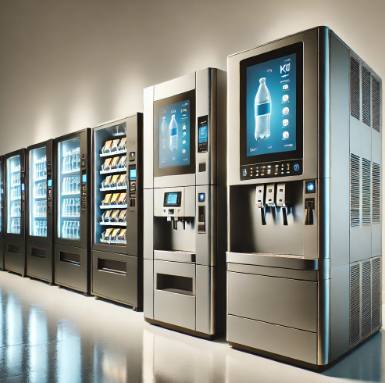
Implementation timelines vary by enterprise size. While the general deadline for compliance is October 1, 2025, small enterprises must comply by January 1, 2026, and micro enterprises by April 1, 2026. The BIS is designated as the certifying and enforcing authority under this mandate. Violations of the order may lead to penalties as outlined in the Bureau of Indian Standards Act, 2016. Any updates to the referenced Indian Standards, including amendments, will apply from their date of notification.
If you are interested in understanding what requirements are needed for your product to be imported into India, please do not hesitate to contact us by email or phone (Europe: +49-69-271 37 69 261, US: +1 773 654-2673). If a certification need is discovered we can provide a quotation to make sure that all your certification needs are covered.
If you have any questions you can also use our chat-window in the bottom right. (Please check your browser settings if you can’t see the window)
For more information about BIS certification, please refer to our free brochure “BIS Certification Made Easy“.
Mandatory BIS Certification Announced for Refined Zinc in India
The Ministry of Mines has issued a new directive titled the Refined Zinc (Quality Control) Order, 2025, under the Bureau of Indian Standards Act, 2016. Scheduled to take effect six months from its publication date of April 17, 2025, the Order mandates that refined zinc products conform to the Indian Standard IS 209:2024. Only items intended for domestic use fall under the Order’s scope, while goods meant for export are exempt. According to the directive, products must display the BIS Standard Mark and be certified under Scheme-1 of Schedule-II of the BIS (Conformity Assessment) Regulations, 2018. The Bureau of Indian Standards will serve as the designated authority for certification and enforcement. Products such as refined zinc, as well as refined nickel and others, typically require BIS ISI certification in order to be approved for import and sale in India.
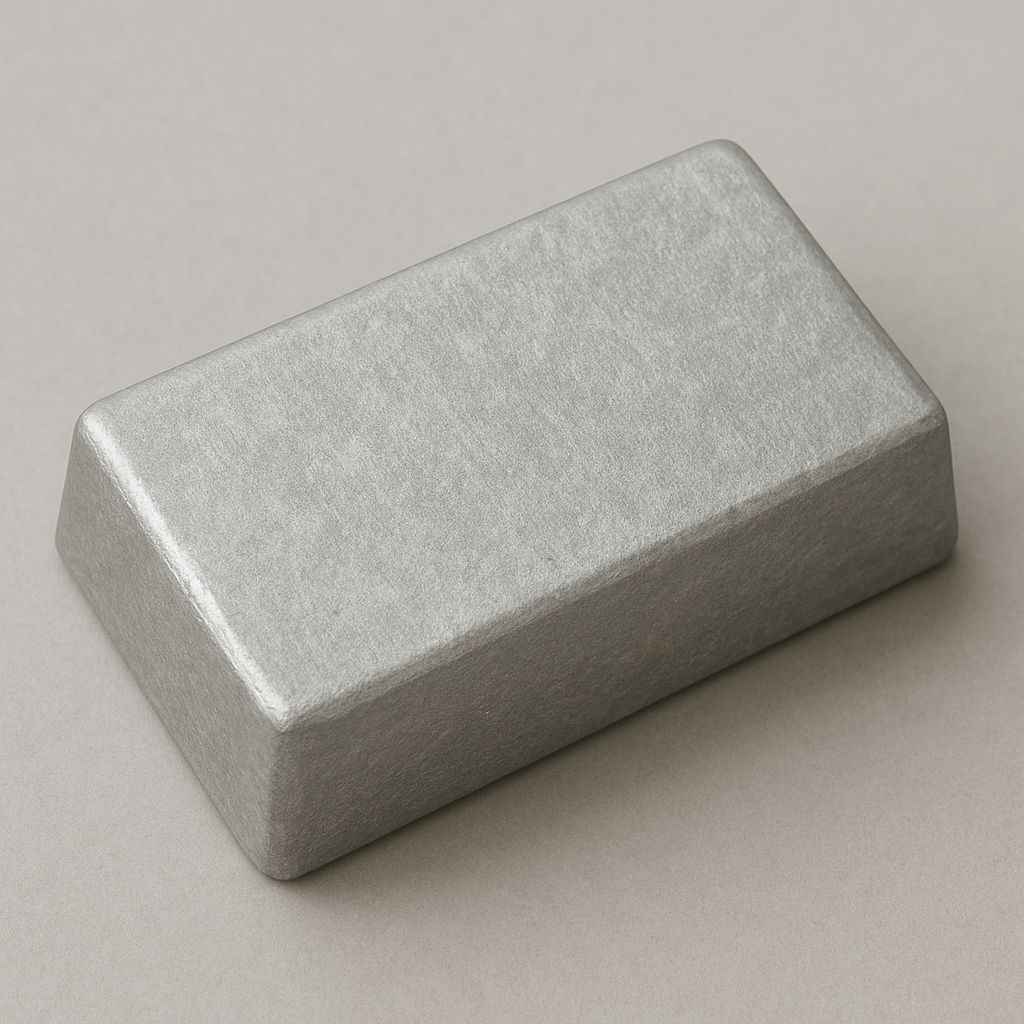
If you are interested in understanding what requirements are needed for your product to be imported into India, please do not hesitate to contact us by email or phone (Europe: +49-69-271 37 69 261, US: +1 773 654-2673). If a certification need is discovered we can provide a quotation to make sure that all your certification needs are covered.
If you have any questions you can also use our chat-window in the bottom right. (Please check your browser settings if you can’t see the window)
For more information about BIS certification, please refer to our free brochure “BIS Certification Made Easy“.
Revised BIS Compliance Rules exempt Analog CCTV Cameras from ER-01 in India
India’s Ministry of Electronics and Information Technology (MEITY) issued a clarification on March 12, 2025, stating that Analog CCTV Cameras are exempt from complying with the Essential Requirements for Security (ER-01). Following this, the Bureau of Indian Standards (BIS) released detailed instructions on April 1, 2025, outlining the updated compliance procedures for applicants and licensees under the BIS CRS scheme. Many electronic products usually require a BIS CRS certification in order to be approved for import an sale in India.
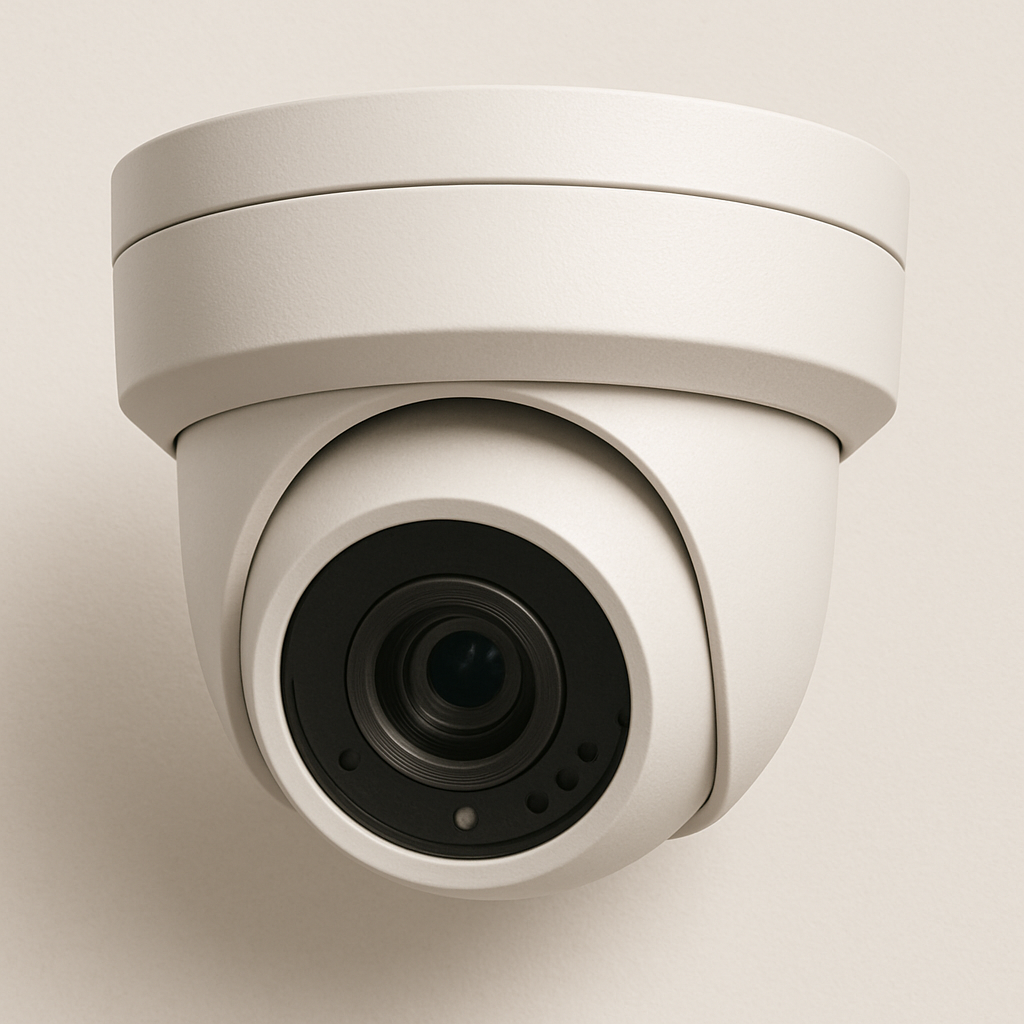
Manufacturers with previously registered Analog CCTV Camera models must submit a self-declaration through the designated BIS module, listing all such models under their license scope. This declaration—submitted without the need for new test reports—must be completed by April 9, 2025. After this date, only declared Analog models or those complying with ER standards will remain valid under the license. Additionally, any new test reports must clearly specify the camera type. Applications submitted after April 9 must not mix Analog and Non-Analog models under the same ID.
If you are interested in understanding what requirements are needed for your product to be imported into India, please do not hesitate to contact us by email or phone (Europe: +49-69-271 37 69 261, US: +1 773 654-2673). If a certification need is discovered we can provide a quotation to make sure that all your certification needs are covered.
If you have any questions you can also use our chat-window in the bottom right. (Please check your browser settings if you can’t see the window)
For more information about BIS certification, please refer to our free brochure “BIS Certification Made Easy“.
BIS Standards – Implementations next Month – June 2025
We regularly publish advance information from the Bureau of Indian Standards (BIS) on new Quality Control Orders that will come into effect shortly. Affected products must have BIS certification in order to be approved for import and distribution in India. Within the next month, several standards will come into effect, among other for several polypropylene materials, as well as Poly Vinyl Chloride (PVC) Homopolymers.
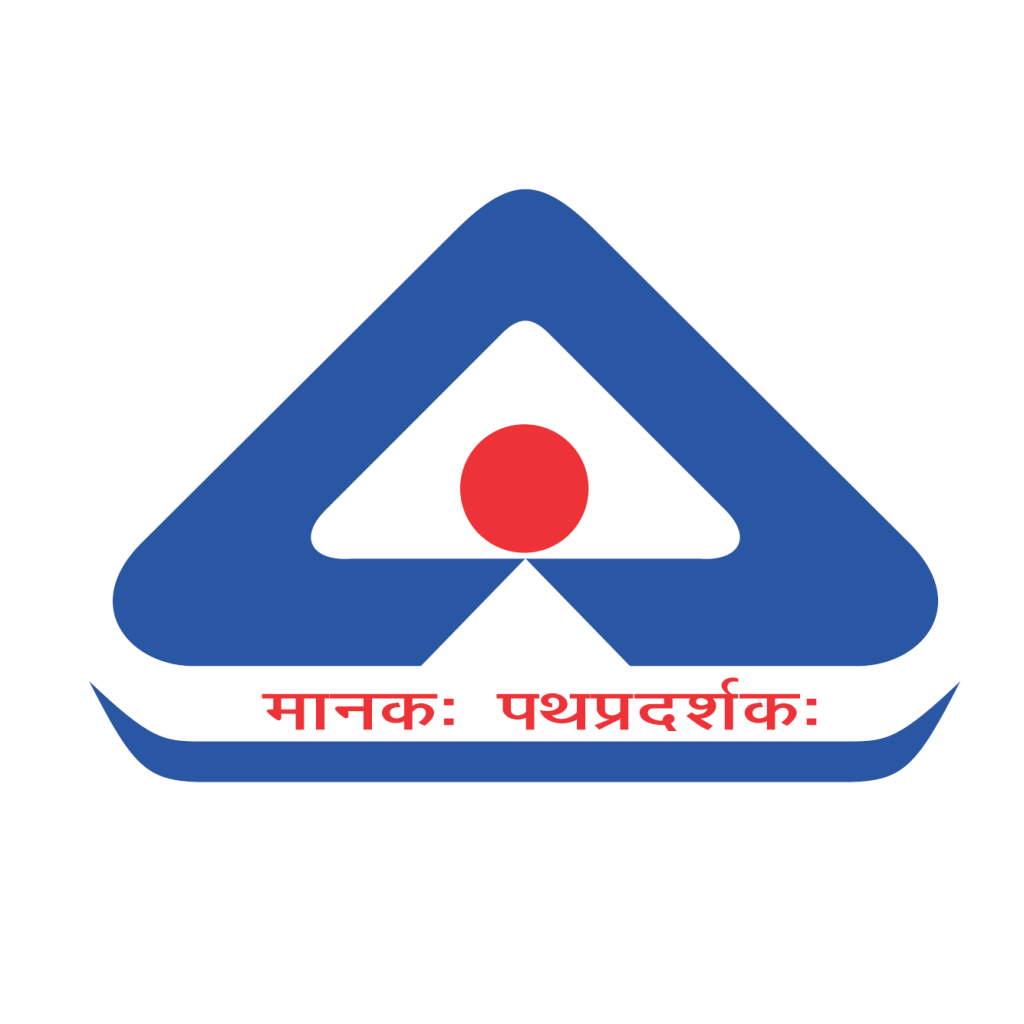
The Bureau of Indian Standards (BIS) enforces Quality Control Orders (QCOs) to mandate that specific products comply with national quality benchmarks. Unlike regular BIS standards, which are typically voluntary, QCOs impose legal obligations on manufacturers and importers of designated goods. These regulations aim to safeguard public health, animal welfare, and the environment, while also upholding consistent product quality in India. QCOs cover a broad array of items, including chemicals, metals, toys, and electronic devices. Non-compliance can lead to significant legal consequences, including fines or imprisonment.
Here is an overview of the new Quality Control Orders that will come into effect next month:
| Product/ Produkt | Indian Standard/ Indischer Standard | Enforcement date / Implementierungsdatum |
| Textiles — High Density Polyethylene (HDPE)/ Polypropylene (PP) Woven Sacks for Packaging of 50 kg Cement | IS 11652 : 2017 | 06 June 2025 |
| Textiles — Polypropylene (PP)/ High Density Polyethylene (HDPE) Laminated Woven Sacks for Mail Sorting, Storage, Transport and Distribution | IS 17399 : 2020 | 06 June 2025 |
| Textiles — Polypropylene (PP) Woven, Laminated, Block Bottom Valve Sacks for Packaging of 50 kg Cement | IS 16709 : 2017 | 06 June 2025 |
| Polypropylene (PP) Materials for Moulding and Extrusion | IS 10951: 2020 | 24 June 2025 |
| Poly Vinyl Chloride (PVC) Homopolymers | IS 17658:2021 | 24 June 2025 |
If you are interested in understanding what requirements are needed for your product to be imported into India, please do not hesitate to contact us by email or phone (Europe: +49-69-271 37 69 261, US: +1 773 654-2673). If a certification need is discovered we can provide a quotation to make sure that all your certification needs are covered.
If you have any questions you can also use our chat-window in the bottom right. (Please check your browser settings if you can’t see the window)
For more information about BIS certification, please refer to our free brochure “BIS Certification Made Easy“.
Mandatory BIS Quality Control Framework Announced for Refined Nickel
The Ministry of Mines in India has issued a new quality control order mandating that all refined nickel products sold in the country must comply with the Indian Standard IS 2782:2023. As outlined in the Refined Nickel (Quality Control) Order, 2025, this requirement will take effect six months from the date of its publication on April 17, 2025. Refined nickel products must bear the Standard Mark under a license issued by the Bureau of Indian Standards (BIS), in accordance with Scheme-1 of Schedule-II of the BIS (Conformity Assessment) Regulations, 2018. The regulation does not apply to goods intended solely for export.
To export refined nickel to India, manufacturers must obtain BIS certification (ISI) through the Foreign Manufacturers Certification Scheme (FMCS). This certification is mandatory to ensure that the products can be legally marketed and sold within the Indian territory.
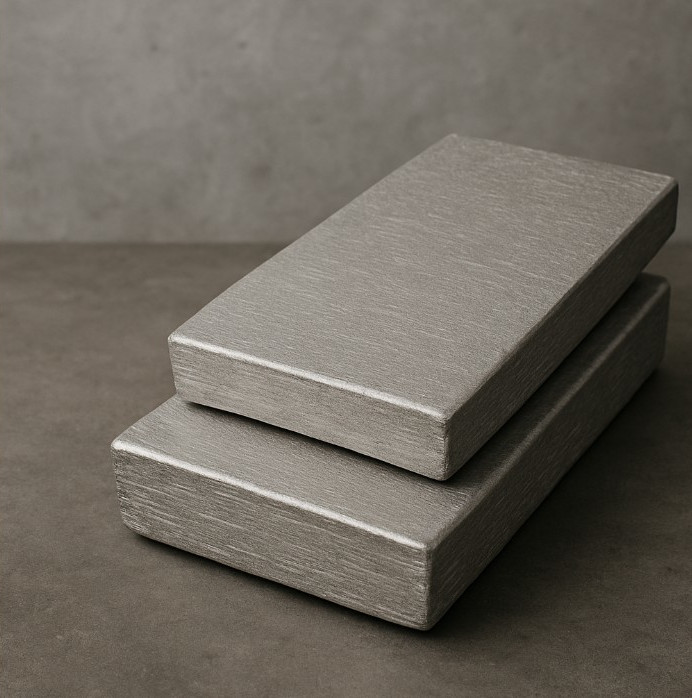
If you are interested in understanding what requirements are needed for your product to be imported into India, please do not hesitate to contact us by email or phone (Europe: +49-69-271 37 69 261, US: +1 773 654-2673). If a certification need is discovered we can provide a quotation to make sure that all your certification needs are covered.
If you have any questions you can also use our chat-window in the bottom right. (Please check your browser settings if you can’t see the window)
For more information about BIS certification, please refer to our free brochure “BIS Certification Made Easy“.
India tightens Certification Rules for Solar PV Modules under 2025 QCO
The Ministry of New and Renewable Energy (MNRE) has issued a new directive, the “Solar Systems, Devices and Components Goods Order, 2025,” superseding the earlier 2017 regulation. The updated Quality Control Order (QCO) mandates the implementation of revised Indian Standards (IS) for Solar Photovoltaic (PV) modules. Specifically, crystalline silicon and thin-film modules must now comply with IS 14286 (Part 1): 2023 and IS/IEC 61730-1 & 2: 2016. These standards address design qualification, type approval, and safety requirements. Key updates include minimum efficiency thresholds—18% for mono-crystalline and thin-film, and 17% for poly-crystalline PV modules—as well as revised testing protocols under IS/IEC TS 62915. Manufacturers must submit complete test data and obtain BIS approval through the revised BIS online application system. Solar Systems usually require BIS-CRS in order to be approved for import and sale in India.
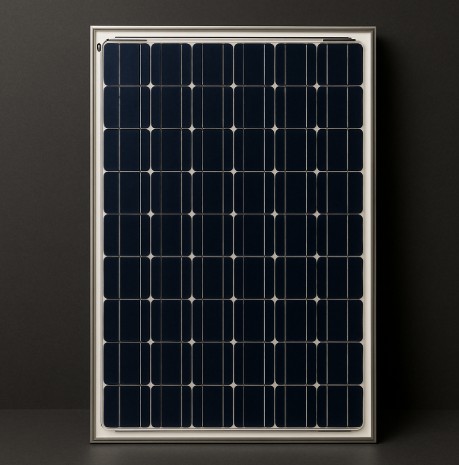
Both existing licensees and new applicants must follow distinct procedures for compliance. For existing models, manufacturers must validate representative models according to the new standards and apply through the “Standard Revision/Amendment/Essential Requirement” portal. New applications will only be accepted under the revised standards after 27 July 2025. Inclusion of new series models is only allowed after successful implementation of revised norms for the primary models. Non-compliant models will be removed from the license scope, and licenses may expire if updates are not implemented. The updated standards also introduce structural and procedural changes, including the adoption of new module qualification tests, efficiency calculation methodologies, and updated test sequences for safety and durability.
If you are interested in understanding what requirements are needed for your product to be imported into India, please do not hesitate to contact us by email or phone (Europe: +49-69-271 37 69 261, US: +1 773 654-2673). If a certification need is discovered we can provide a quotation to make sure that all your certification needs are covered.
If you have any questions you can also use our chat-window in the bottom right. (Please check your browser settings if you can’t see the window)
For more information about BIS certification, please refer to our free brochure “BIS Certification Made Easy“.
Temporary Exemption granted for Telecom Equipment under MTCTE
The Telecommunication Engineering Centre (TEC) under India’s Department of Telecommunications has issued a notification granting a temporary exemption from the submission of test reports for specific technical parameters listed under multiple Essential Requirements (ERs) within the Mandatory Testing and Certification of Telecom Equipment (MTCTE) framework. These exemptions, effective until June 30, 2025, or until further notice, apply to various telecom equipment categories such as Mobile Radio Trunking Systems (MRTS), GSM, WCDMA, LTE repeaters, VHF/UHF radio systems, ADSL/VDSL/SHDSL interfaces, optical fiber cables, and satellite communication terminals. Affected parameters include frequency bands, power outputs, interface specifications, and other conformance criteria, typically mandated under national and international standards like ETSI, 3GPP, ITU-T, and IEC. Telecom Equipment usually require TEC certification in order to be approved for import and sale in India.

The TEC certification has been mandatory since April 2019. Every year the Telecommunication Engineering Center (TEC) expands the certification catalog and adds more telecom products. See the list of TEC standards here.
If you are interested in understanding what requirements are needed for your product to be imported into India, please do not hesitate to contact us by email or phone (Europe: +49-69-271 37 69 261, US: +1 773 654-2673).
For more information about TEC certification, please refer to our free brochure “TEC Certification Made Easy“.
Amended Rules Ease Import Restrictions for Refrigeration Appliance Components in India
The Indian Ministry of Commerce and Industry has issued an amendment to the existing Refrigerating Appliances (Quality Control) Order, 2020. The updated regulation, titled the Refrigerating Appliances (Quality Control) Amendment Order, 2025, took effect upon its publication in the Official Gazette. Under the revised provisions, exemptions have been introduced for specific categories of refrigerating appliance imports. Manufacturers certified by the Bureau of Indian Standards (BIS) or those who have applied for BIS certification are now permitted to import components of refrigerating appliances for export production. These exemptions are granted on the condition that manufacturers provide a self-declaration—on official letterhead and signed by an authorized representative—detailing the consignment and affirming that the imported parts will not be diverted to the domestic market. Records of such imports must be maintained for potential audits or verification by government authorities.
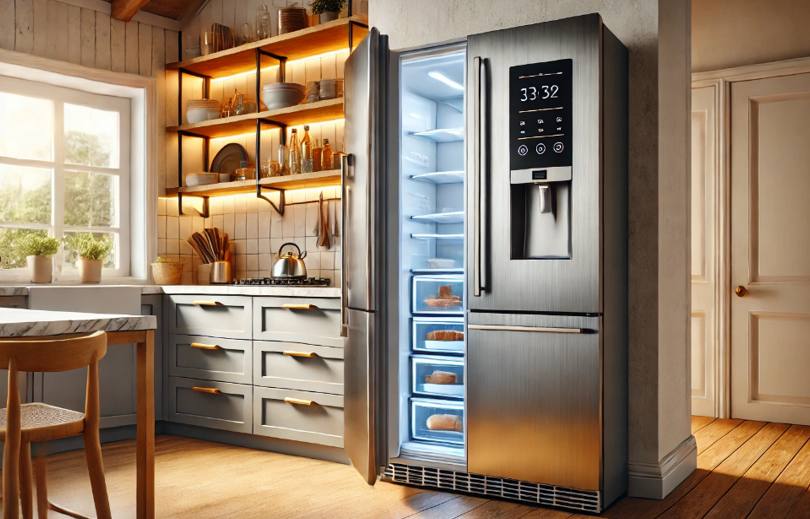
Additionally, the Order now allows certified manufacturers—or those in the process of obtaining certification—to import up to 200 units per year for research and development purposes. These goods must not be commercially sold and must be disposed of as scrap after use. Manufacturers are required to keep annual records of these imports and provide the data to the Central Government upon request. Refrigeration appliances usually require BIS certification in order to be approved for import and sale in India.
If you are interested in understanding what requirements are needed for your product to be imported into India, please do not hesitate to contact us by email or phone (Europe: +49-69-271 37 69 261, US: +1 773 654-2673). If a certification need is discovered we can provide a quotation to make sure that all your certification needs are covered.
If you have any questions you can also use our chat-window in the bottom right. (Please check your browser settings if you can’t see the window)
For more information about BIS certification, please refer to our free brochure “BIS Certification Made Easy“.



